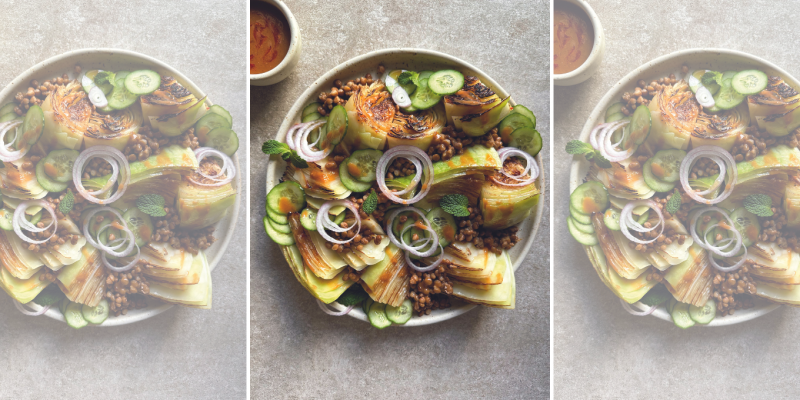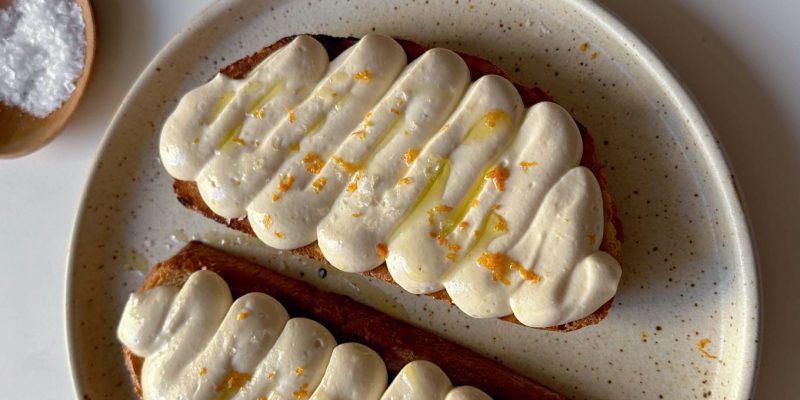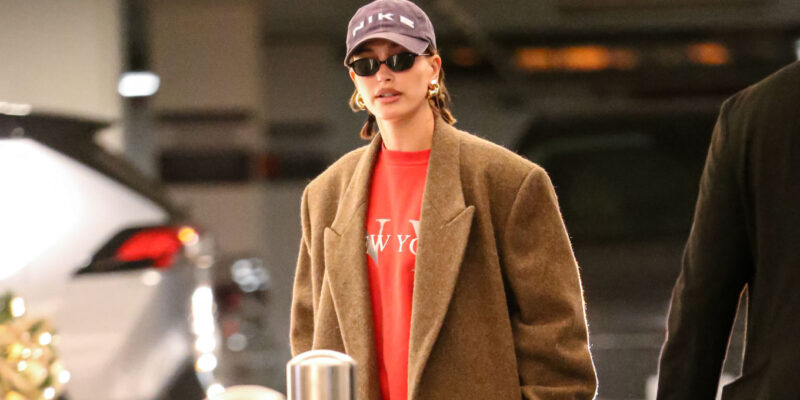Movies & TV
Bilal Baig Says Goodbye to CBC’s Sort Of
"Making the show always came from a really honest place, and if I lost any of that, it would have felt wrong.”
by : Patricia Karounos- Nov 17th, 2023
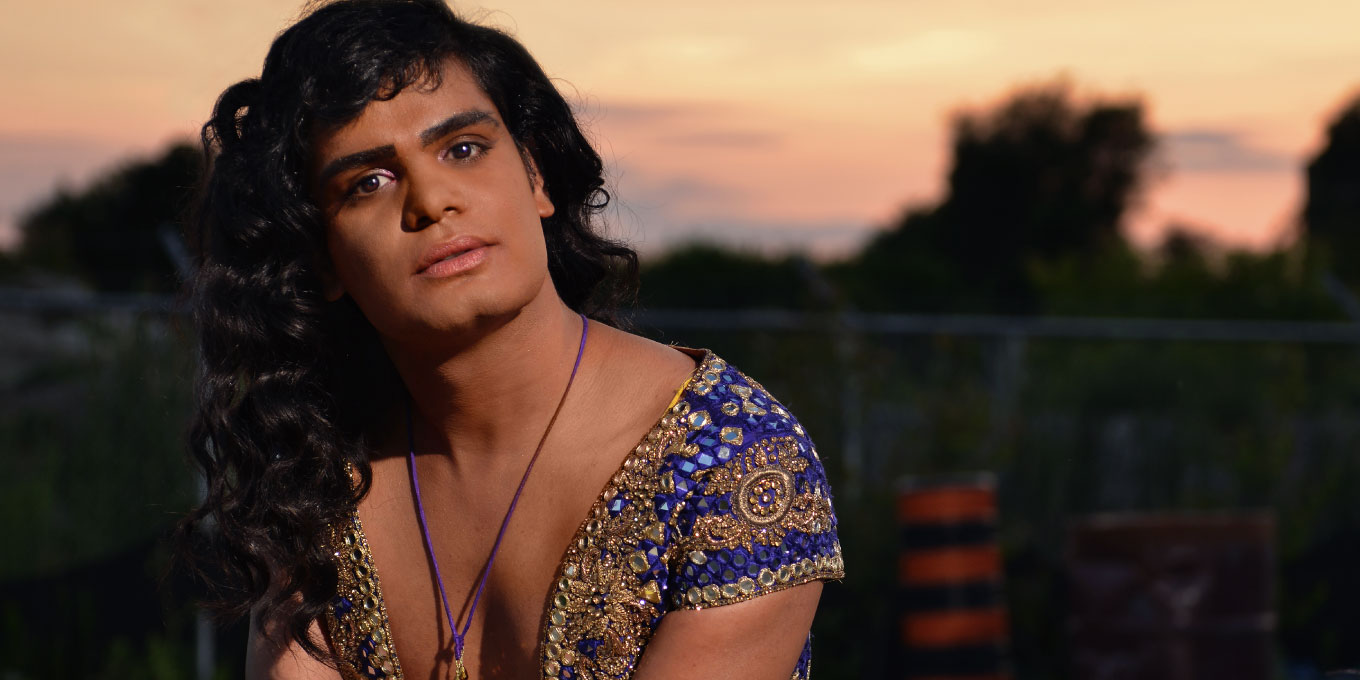
Courtesy of Bilal Baig
When it came to making the third—and, sadly, final—season of the award-winning CBC dramedy Sort Of, there’s something co-creator and star Bilal Baig didn’t quite expect: that it would feel kind of different. Rest assured, the show—which follows gender expansive millennial Sabi Mehboob (Baig) as they try to figure out what they want from their work, life, love and relationships—is still doing all the things fans love it for. It’s hilarious in that wry, laugh-out-loud kind of way; it’s unflinchingly awkward in ways that will have you simultaneously cringing while nodding your head out of relatability; and it’s warm and open in ways that make everyone feel seen and heard. But as Sabi has grown as a character, so, too, have the show and the people making it.
“In some ways, making this season felt more effortless,” says Baig. “The story really came intuitively—it was challenging, for sure, but we weren’t trying so hard to please everybody. This season felt like the show was the truest to itself, if that makes any sense. There are big sweeping, dramatic, painful moments alongside the comedy, and while that has been true across all three seasons, something about this time felt really raw.”
Season three of Sort Of premieres on CBC Gem on November 17, with two episodes debuting every week until December 8. (In early 2024, it will also run on CBC TV as well as on Max, its U.S. streaming home.) It’s the culmination of a groundbreaking three years of TV that has resulted in, among other accolades, multiple Canadian Screen Awards and a prestigious Peabody Award. This final stretch of episodes picks up in the aftermath of season two’s many shocking and emotional moments—including the sudden death of Sabi’s father—which have afforded Sabi more space and freedom to explore who they are away from certain familial expectations. Ahead of its premiere, we hopped on the phone with Baig to talk about the decision to end the series, balancing creativity with fan reaction and what they want Sort Of to be remembered for.
Can you take me behind the decision to end Sort Of with its third season?
“It was something that was being discussed around the time season two was coming out. Fab [Filippo, co-creator] and I had talked about it enough that as we were approaching this third season in the writers’ room, we knew that we were going towards the finale of the entire series. That choice came out of a bunch of things. Part of it was that with a show like this, we’ve always been really sensitive to what it feels like. We’ve been resisting—as much as we can—the really obvious [traits] that get attached to sitcoms or 20-minute comedies. One of the things we care so much about [in terms of] feedback from the audience is how real the show feels, or how honest it feels or how people feel like they’re flies on the walls of these characters’ lives. And, I’ll speak for myself, but I felt like if we kept going, the conflict might have started to feel forced or contrived. When you see the finale, I think you’ll see that we tell a very complete story across these three seasons—we follow this big shift in somebody’s life and the changes they go through in this short-ish window of time. That’s when it started to feel right. To force ourselves to try to come up with more story—I just had a feeling it could ruin the whole thing.”
Without spoilers, why does the story feel complete to you?
“When we first started making Sort Of, I did not know that Sabi was going to kiss Bessy, or that their father was going to die. Those were discoveries that we made through creation and bouncing around ideas with other writers. But once those things happened at the end of the second season, it started to feel like watching the fallout and aftermath of these huge events was so necessary and exciting. With the feelings Sabi has and the choices they make after the death of their father felt like we were painting an ending. And, as an actor, I felt like I was almost playing a different character than I was in season one. To me, that was a cool clue that this character had transformed, and that felt really satisfying.”
How do you think Sabi has transformed over these three seasons?
“I’ve seen a lot of portrayals of the loss of a loved one in film and TV where there’s a lot of pain, obviously, right after. But what happens a month later, or two months later? What happens in those middle zones of grief? With Sabi, it feels like they’re really going for what they want this season and that they’re really trying to listen to themselves about what feels right and good. That impulse was always there, but in season one, the desire to put others first or neglect yourself was way more present. Sabi’s energy this season feels different.”
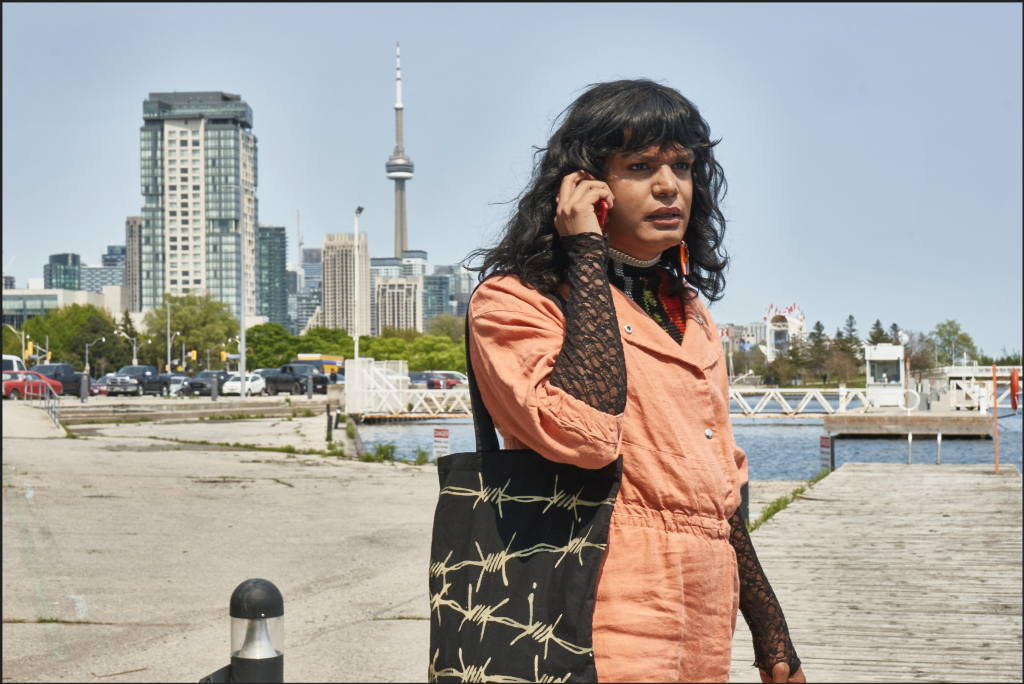 CBC/Michael Gibson. BILAL BAIG as Sabi in Sort Of Season 3
CBC/Michael Gibson. BILAL BAIG as Sabi in Sort Of Season 3You mentioned that, in some ways, making this season felt more effortless. Did that make you second-guess the decision to end the show because you felt like you were working at a different level with it?
“Totally. I should have said this already: [Ending the series] was an extremely hard decision to make that took months. Others might have a different answer, but filming this season felt the smoothest. We kept learning from our mistakes and thinking about how to do things better. The team really came together. It just flowed. That totally made me think, ‘Well, if it’s getting easier, it might be nice to keep working on it.’ And of course, we’re so aware of how loved we are by the people who watch this show, and that was also something that made it really challenging to say this was the end.”
On that note, having shows that centre queer stories is still something that’s too rare. How much did fan reaction factor into the decision to end the series—was there ever a moment where you thought it might be nice to have this queer-centric show that people could just hang out with for a couple months every year?
“For sure. When people reach out to me, they talk about the comfort they get from the show, even though it can be hard and painful to watch at times—especially for queer trans folks or queer trans and South Asian people; the layers of intersection can be very real. But people often speak about the warmth and gentleness of the show, and that was something we were aware of. At the same time, we had to be really honest with ourselves and true to what we were feeling. In the end, it was kind of like that cliché: If you love it, let it go. If I’m not 1,000 percent connected to the story, particularly with a show like this, then it will start to feel like I’m disrespecting the show and our audience. Making the show always came from a really honest place, and if I lost any of that, it would have felt wrong.”
In brief terms, season one of Sort Of was about transitions. Season two was about the many forms of love. What would you say season three is?
“In many ways, season three is the hardest to describe. It’s kind of the most overtly about transformation. That’s been a theme of the series, for sure, but we’re really looking at characters making choices that feel so connected to their identities and own sense of self—and I’m thinking about characters other than Sabi. It’s the most transformative season, and in the writers’ room we talked about rebirth, coming into your own and how others might receive that. When you are truer to yourself, what does that do to your relationships?”
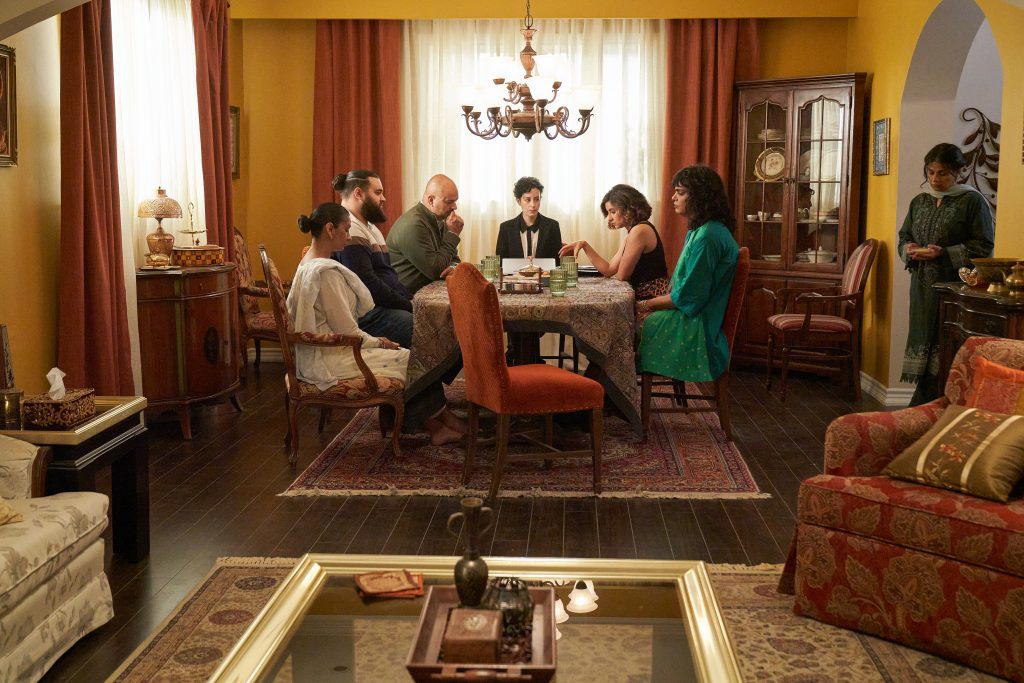 CBC/Michael Gibson. BILAL BAIG (Sabi), SUPINDER WRAICH (Aqsa), ELLORA PATNAIK (Raffo) with additional cast in Sort Of Season 3
CBC/Michael Gibson. BILAL BAIG (Sabi), SUPINDER WRAICH (Aqsa), ELLORA PATNAIK (Raffo) with additional cast in Sort Of Season 3You have a background in theatre, but when Sort Of first started, you were new to working in TV. How has this journey changed your relationship to writing, acting and creative work in general?
“I feel like there’s a trust in myself that has been bolstered by these last few years—a trust in my creative abilities. I’ve also been reflecting on myself as a leader, and it’s something I don’t always give myself the time and space to feel, but I’ve been thinking about how being a lead on a TV series for multiple seasons is a lot. There’s a lot that happens that’s invisible—the way you carry yourself and the tone you set, for example. I learned a lot. I feel strong. It was not an easy thing to do. I still love all the [creative media]—I don’t think it’s going to be only TV for me for the rest of my life. But I love how TV writing has clarified for me that my theatre voice feels different than my TV voice. And I have a certainty that stories with characters like this do matter and will resonate, and I want to carry that forward with me on different artistic projects.”
What do you hope Sort Of’s lasting legacy will be?
“I hope that we made it clear to the world that trans people are seriously just as human as everybody else. Just even a few years ago [on screens], it was primarily us as sex workers getting killed or in these dehumanizing situations, or it was super political and about educating everyone around us. I think our show resisted both of those things, that pendulum swinging one way or the other, and we existed right in the middle—we’re good, and bad, and flawed, and searching. I hope that inspires other creators to include our humanity in their stories in ways that are nuanced. And I also hope that we’re remembered for the way we made our show too. We ran this mentorship program for two years, training 12 trans and non-binary crew members. We worked with women of colour directors across all three seasons, we worked with a trans director in our second season, our writers were incredibly diverse. These things should also be talked about and remembered because it directly influences and affects the show that so many people love.”
Newsletter
Join our mailing list for the latest and biggest in fashion trends, beauty, culture and celebrity.
Read Next
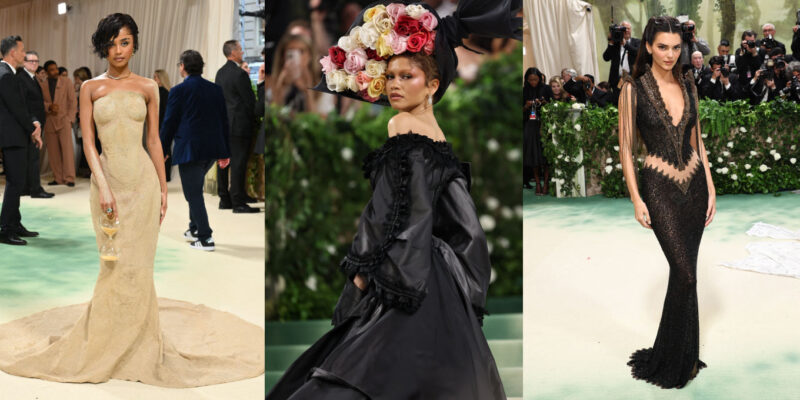
Fashion
The Best Dressed Celebrities on the Met Gala 2024 Red Carpet
Category is: "The Garden of Time."
by : Lauren Knowles- May 6th, 2024
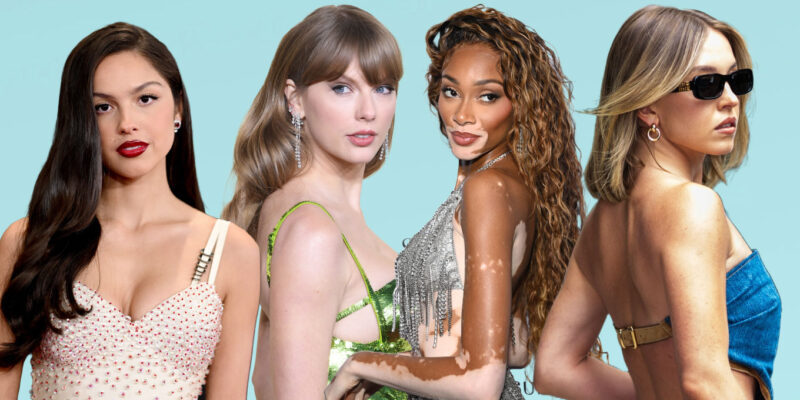
Beauty
These are 2024's Biggest Summer Hair Colour Trends
Think smoked espresso, muted pastels and buttery blondes galore.
by : Melissa Fejtek- May 6th, 2024
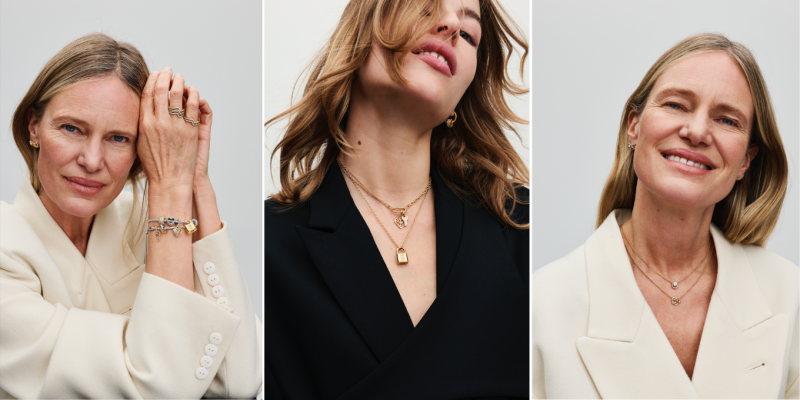
Fashion
8 Sparkling Jewellery Gifts to Give This Mother’s Day
Show your gratitude with pieces they’ll have forever and ever.
by : ELLE Canada- Apr 29th, 2024

